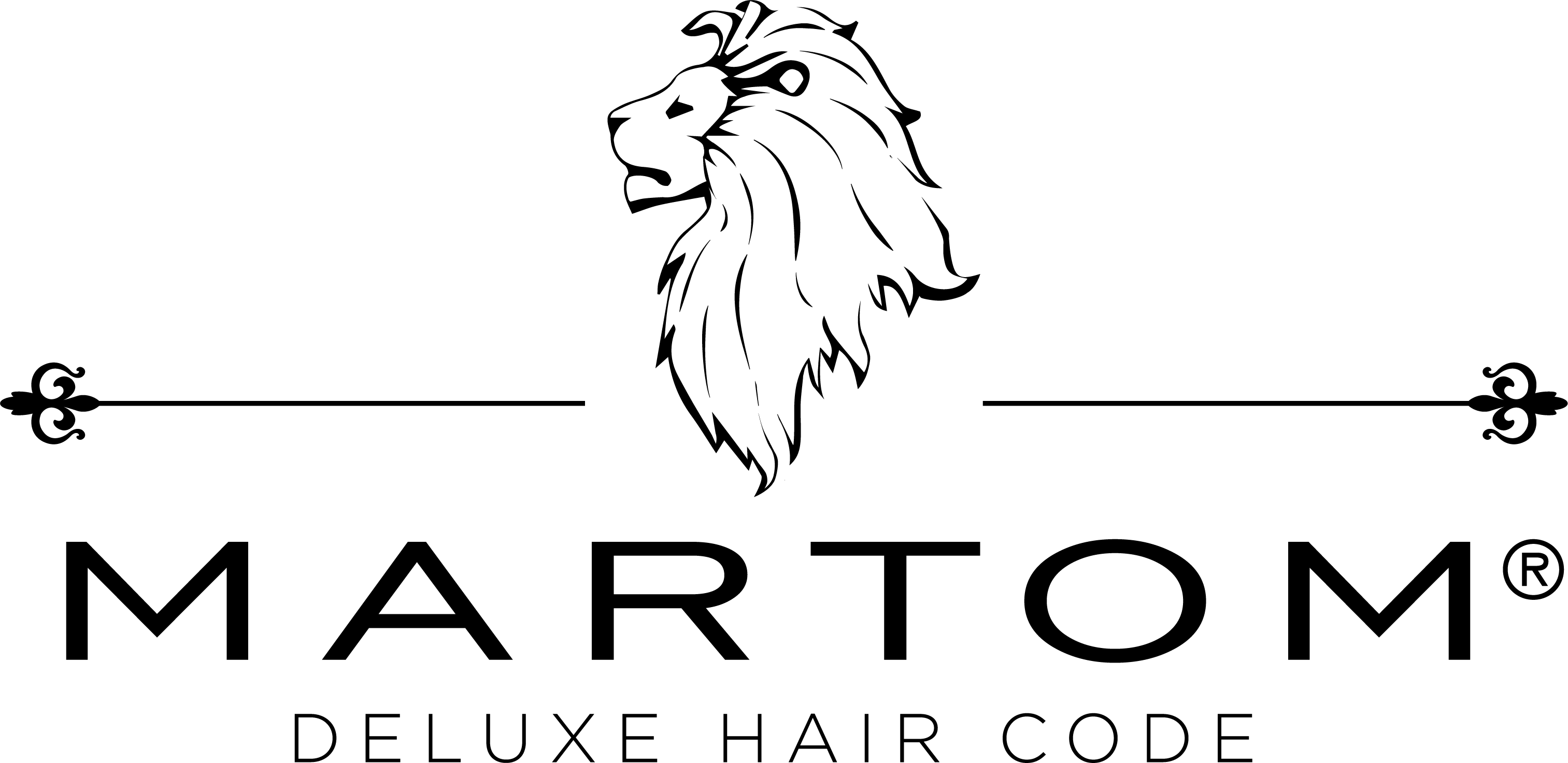Good practices to contribute to the fight against desertification and drought of our planet also pass by the choice of the right hair care products.
We at Martom Deluxe Hair Code know this well and on June 17, World Day for the Fight against Desertification and Drought, we want to talk to you about one of our lines of sustainable hair care products.
The Martom Brand has always stood out for its commitment to sustainability: in the study and research of our products we take into account the impact on man and on fauna and flora.
This attention to the planet starts from the extraction of raw materials and follows the entire life cycle of the product (manufacture, destruction or restoration of the product).
In particular, the selected raw materials derive from a careful research of natural ingredients, respectful of man and the environment. It is the philosophy that we wanted to integrate in our hair care products and especially in the Inca Secret® line.
Sustainable Hair Care: The Inca Secret® Line by Martom DHC
Inca Secret® is the innovative system of customizable coloring and restructuring properties.
The products of this line combine two fundamental ingredients: Sacha Inchi and Quinoa Real, which together give life to Qui.Sacha Complex ®:
- Sacha Inchi was already known at the time of the ancient Incas who used the oil extracted from its seeds. It is the product found in nature richest in Omega 3, Omega 6, Omega 9 and Vitamins A and E. It has an antioxidant and protective action for hair and skin.
- The extract of Quinoa Real instead wraps the hair with a silky film and resistant able to fix the color micro-pigments and maintain the intensity, as well as giving the hair an extremely velvety texture.
The Martom development program for the reforestation of the Peruvian Amazon
Martom DHC’s attention is not only expressed in the choice of raw materials for its products but also in the fair trade approach it adopts.
The cultivation of Sacha Inchi and its commercialization, in fact, are part of the development program that includes the reforestation of the Peruvian Amazononia. The cultivation of Quinoa Real in Bolivia also follows sustainable agricultural practices.
Support for this project aims not only to support the thousands of families who earn their living from these crops but also to contribute to better conservation of ecosystems, valuable to mitigate the effects of desertification increasingly rampant.

